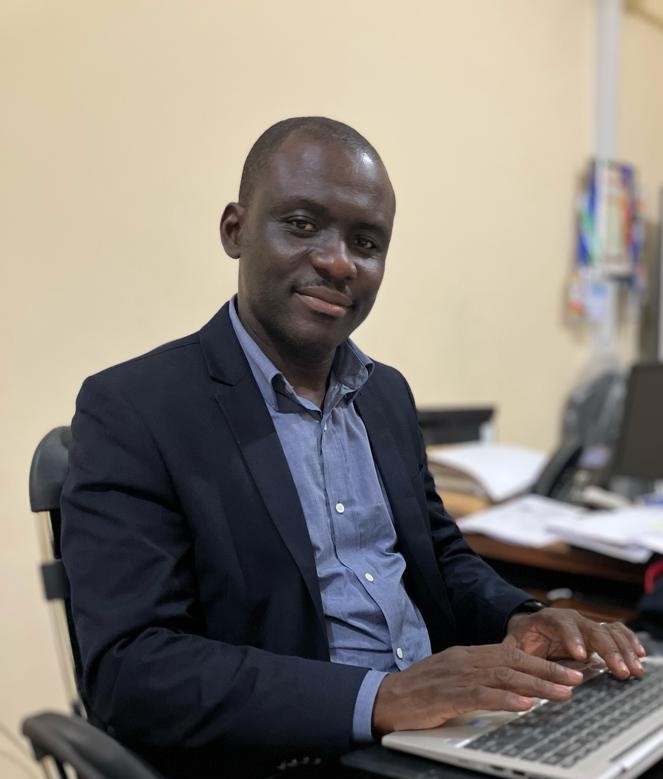Using digital innovation in African higher education

A couple months ago, the communications Co-Chairs were thrilled to be introduced to one of our Country Connectors, Dr. Richard Bruce Lamptey, at our meeting this summer in Washington, DC. We learned that Dr. Lamptey is on the Management Board of SPARC Africa. SPARC works “to enable the open sharing of research outputs and educational materials to democratize access to knowledge, accelerate discovery, and increase the return on our investment in research and education”. Additionally, Dr. Lamptey has contributed to over thirty-five publications, covering a wide range of topics, from research ethics to financial inclusion.
One particular research paper, authored by Dr. Lamptey and his colleagues, including Jonathan Harle, Augustine Mwangi Gatotoh, Femi Nzegwu, and Oluchi Okere, caught our attention, and we thought our readers would appreciate the topic. The article “Creating Digital Content and Delivering Digital Learning in African Universities: Stories of Innovation from Ghana, Kenya, and Nigeria Creating digital content and delivering digital learning in African universities”, focuses on the work that individuals are doing to innovate and have success, sometimes against seemingly insurmountable odds, such as connectivity issues and teaching during a pandemic!
Unveiling hidden stories of African academic innovation
The abstract reads: “An INASP team of colleagues in Ghana, Kenya, Nigeria, Germany, and the UK undertook a rapid study to explore how academics innovated in digital learning. This enabled us to tell a new and important set of stories of how academics are quietly innovating, often below the radar and invisible to their colleagues and institutions.” Their paper tells the story of twenty-six innovators in fifteen Universities in Ghana, Kenya and Nigeria. Not only is this paper valuable as inspiration to others, but it is excellent research that “examines what these stories can tell us about digital learning in these institutions, reflects on what drives academics to innovate, and explores what enables or hinders these new practices”.
The report explains: “Innovation is often an individual affair, under-funded and self-financed, and achieved through the tools at hand and the skills and knowledge that individual academics teach themselves. In some cases, academics are using digital tools to create and author their digital content; in others, they are combining and repurposing these tools to reach their learners and share existing materials.” It continues: “Innovation is driven by academics who are passionate about teaching, want to reach their students better, and want to open up access to learning, whenever and wherever they wish to learn.”
Access to education in offline environments
The paper lists twenty-six individuals and their contributions to education in their respective countries. you can read about them starting in section 4.2. The stories range from Dr. Eric Tutu Tchao, a lecturer in the Department of Computer Engineering at the Kwame Nkrumah University of Science and Technology, who created a “lab” students could use on their mobile phones, because he had over 200 students and just 15 computers; to Mr. Timothy Gachanga, a lecturer at the Institute of Social Transformation at Tanzaga University College, Nairobi, who used WhatsApp instead of hosting class materials on a website so that students could have access even when offline. Recent data tells us that “21 out of the 25 countries with the least connectivity in the world find their home within the borders of Africa”, so the work these educators are doing is invaluable.
Dr. Lamptey and his colleagues’ research was featured in The University World News; you can read more about their work in this article here. Additionally, Dr. Lamptey has been featured in a national television interview in Ghana here and a podcast that delves deeper into his impactful contributions here.





